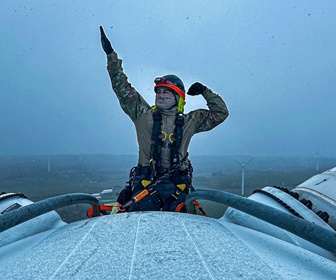A letter signed by 13 clean energy and environmental organisations was sent to policymakers in coastal Atlantic states, requesting the US states complete the necessary planning and solicitation for offshore transmission systems to support the industry’s long-term growth.
The groups urge these states to utilise the de facto global hardware standards that have emerged through collaborative work between European utilities and the electric equipment supply chain.
Led by the American Council on Renewable Energy (ACORE) and the American Clean Power Association (ACP), the letter details how the U.S. is well-positioned to benefit from Europe’s standardised 525 kilovolt (kV) high-voltage direct current (HVDC) system hardware design for converter platforms and transmission cables. If adopted by Atlantic coastal states, the groups state that these de facto standards will allow offshore wind energy to increase at the scale and pace necessary to realise state energy goals. Additional benefits of implementing these hardware standards include:
- Cost-effective access to the global supply chain;
- Quicker, scalable transmission solicitations;
- Improved certainty for offshore developers and the global and U.S. transmission supply chain; and
- Development of less than half as many offshore grid systems, reducing environmental impacts while delivering the same amount of energy.










